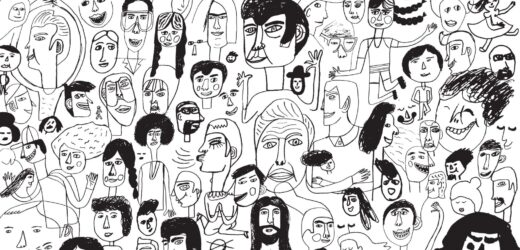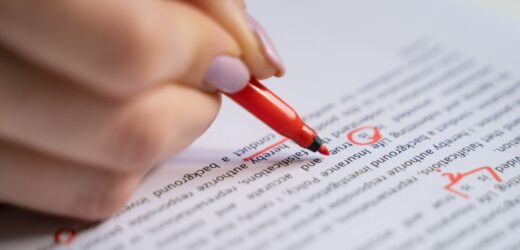Students regularly talk to one another about homework and course assignments. They discuss what they think the teacher wants, offer advice about what to study, and sometimes look at one another's work and provide feedback. That feedback runs the gambit from generic commendations like, “that looks good,” to advice on comma placement, to detailed feedback on the substance or solution. Usually, the latter is the exception rather than the rule, unless students have learned that they can give and receive feedback in exchanges with peers. Many teachers try to provide that experience with in-class peer-review activities. They may give students checklists, question sets, or rubrics to guide their assessments and the feedback they then provide. The feedback may be written, or it may be exchanged online or in face-to-face conversations. But do these teacher interventions improve the peer feedback? Can students learn to give one another feedback that enables them to improve their work?
Related Articles
I have two loves: teaching and learning. Although I love them for different reasons, I’ve been passionate about...
Could doodles, sketches, and stick figures help to keep the college reading apocalypse at bay?...
We’ve all faced it: the daunting stack of student work, each submission representing hours of potential grading. The...
Storytelling is one of the most powerful means of communication as it can captivate the audience, improving retention...
For some of us, it takes some time to get into the swing of summer. Some of us...
About a year ago, I decided to combine the ideas of a syllabus activity and a get-to-know-students activity....
The use of AI in higher education is growing, but many faculty members are still looking for ways...









